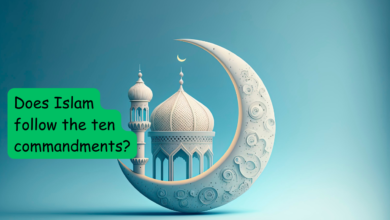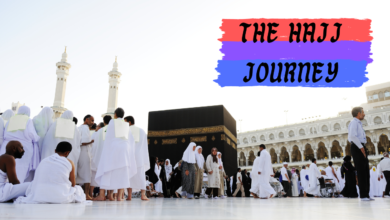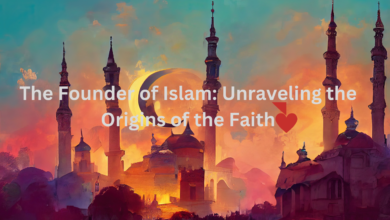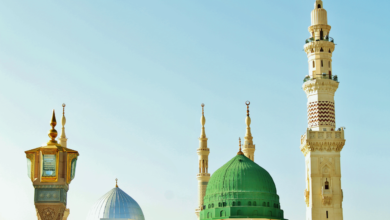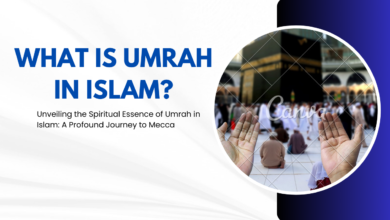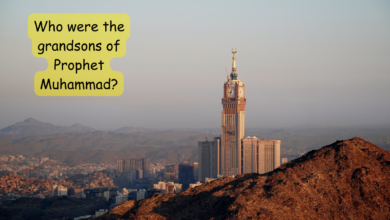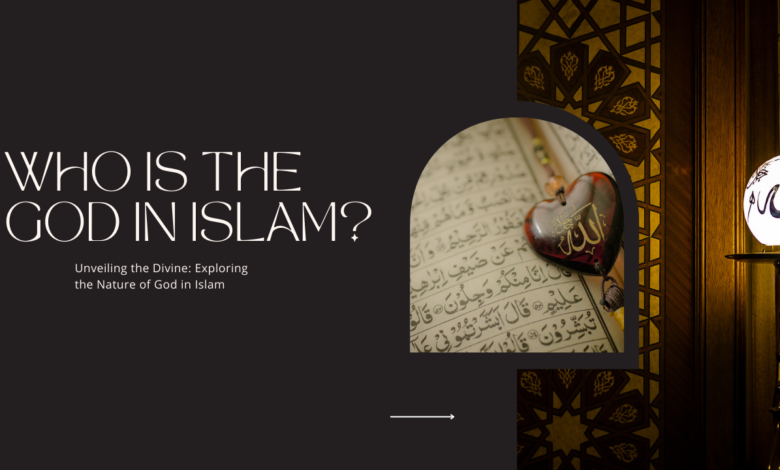
Who is the God in Islam?
The God in Islam is known as “Allah.” Allah is considered the one and only God, the creator of the universe, and the sole deity in Islamic monotheism.
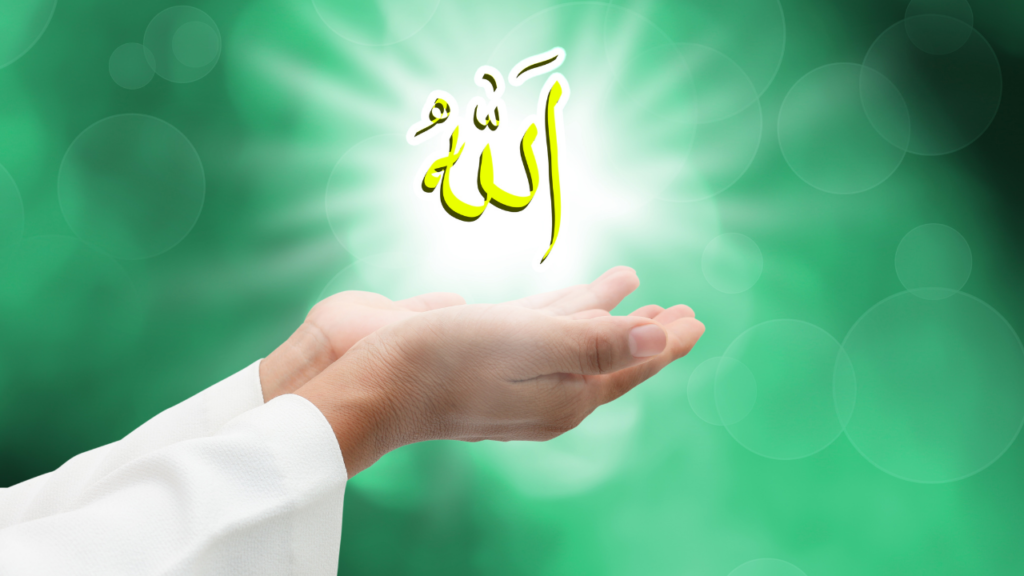
Introduction
Islam, one of the world’s major religions, is built upon a profound monotheistic belief in one God. Understanding who God is in Islam is essential to grasp the core principles and beliefs of this faith. In Islam, God is referred to as “Allah,” and the concept of God plays a central role in the lives of over a billion Muslims worldwide. This article aims to explore the nature and attributes of God in Islam, shedding light on the monotheistic faith that forms the foundation of this religion.
The Oneness of God
At the heart of Islamic theology is the concept of tawhid, which signifies the absolute oneness of God. This belief is summarized in the Shahada, the Islamic declaration of faith, which states, “There is no god but Allah, and Muhammad is His Messenger.” In this declaration, Muslims affirm the uniqueness and absolute oneness of God.
Also check
- Who is Jesus?
- Allah Hu Akbar meaning
- What Does Allah look like?
- How to please Allah in Islam?
- Why did Allah Almighty expel Hazrat Adam and Hazrat Eve from Heaven?
Attributes of God in Islam
- Tawhid (Oneness): As mentioned, the oneness of God is the most fundamental concept in Islam. Allah is believed to be the sole creator, sustainer, and ruler of the universe. There is no deity, partner, or equivalent to Him. This oneness extends to His absolute power and authority over all things.
- Mercy and Compassion: Islam teaches that Allah is the Most Merciful and Compassionate. The Quran often begins with the phrase “Bismillah al-Rahman al-Rahim” (In the name of Allah, the Most Gracious, the Most Merciful), highlighting God’s benevolence and compassion towards His creations. Muslims believe that God’s mercy is boundless and encompasses all of humanity.
- Justice and Fairness: While Allah is merciful, He is also just. God’s justice is unwavering, and every human being will be held accountable for their deeds on the Day of Judgment. This balance of mercy and justice is a central aspect of God’s nature in Islam.
- Omnipotence: Allah is believed to be all-powerful, capable of creating and controlling the entire universe. His omnipotence is evident in the Quran through stories of creation, miracles, and the ability to answer prayers.
- Knowledge and Wisdom: God is described as all-knowing and all-wise. He has complete knowledge of the past, present, and future and uses His wisdom to guide human beings through revelation, primarily through the Quran and the teachings of His prophets.
- Immaterial and Unseen: In Islam, Allah is transcendent and beyond human comprehension. He has no physical form, and His true nature is beyond human understanding. Muslims believe that God is not subject to human limitations or weaknesses.
- Hearing and Responding: Allah is believed to be attentive to the prayers and supplications of His servants. Muslims are encouraged to turn to God in times of need and trust that He listens and responds in the best way.
Conclusion
In Islam, the concept of God, or Allah, is rooted in the belief of His absolute oneness, justice, mercy, and omnipotence. The understanding of God in Islam plays a pivotal role in shaping the beliefs and practices of Muslims. The relationship between God and His creation is one of submission, worship, and trust in His wisdom and guidance.
It is important to note that the Islamic conception of God, like in other monotheistic religions, fosters a sense of purpose, morality, and accountability in the lives of its followers. It encourages believers to lead virtuous lives and seek a close relationship with their Creator. Understanding who God is in Islam offers valuable insights into the faith, spirituality, and worldview of the Muslim community.
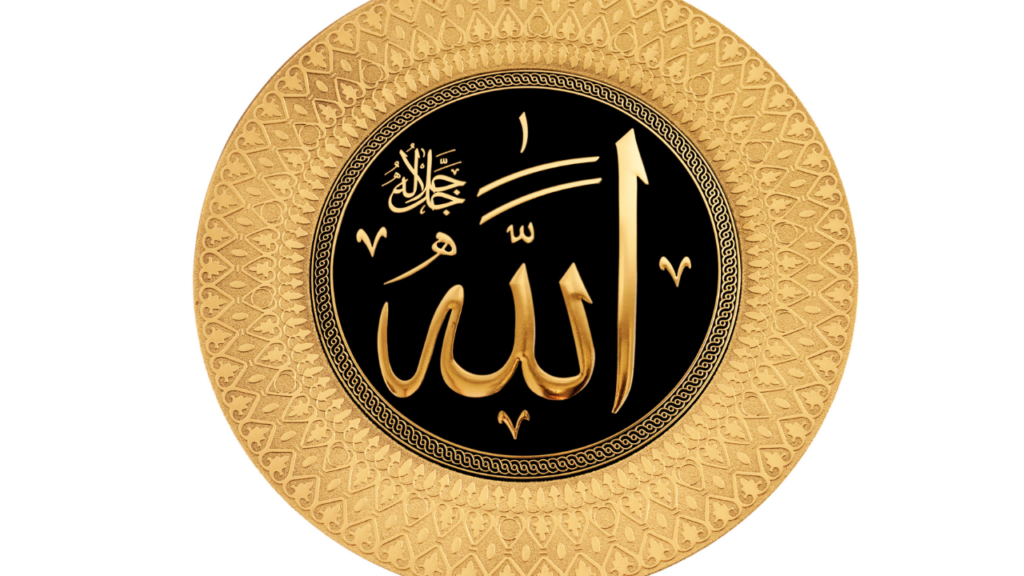
(FAQs) about the concept of God in Islam:
Who is the God in Islam?
The God in Islam is known as “Allah.” Allah is considered the one and only God, the creator of the universe, and the sole deity in Islamic monotheism.
What are the fundamental beliefs about Allah in Islam?
Muslims believe that Allah is all-powerful, all-knowing, and all-compassionate. He is the source of guidance, mercy, and justice. Belief in the oneness of Allah (Tawhid) is a central tenet of Islamic faith.
What is the Islamic concept of God’s nature and attributes?
Allah is believed to be transcendent and beyond human comprehension. He has 99 names or attributes (Asma-ul-Husna), which include qualities like merciful, compassionate, just, and knowledgeable.
How does Islam differ from other monotheistic religions regarding God?
While Islam shares the concept of monotheism with other Abrahamic religions like Christianity and Judaism, it emphasizes the absolute oneness and uniqueness of Allah. In Islam, associating partners with Allah (shirk) is considered the greatest sin.
Is Allah the same God as in other monotheistic religions?
Muslims believe that Allah is the same God worshipped by Jews and Christians. However, they have different understandings of God’s nature and attributes, as well as specific religious practices and beliefs.
How do Muslims communicate with Allah?
Muslims communicate with Allah through prayer (Salat), which involves specific movements and recitations. They also believe that Allah listens to their supplications, and they can pray to Him directly.
What are the holy scriptures in Islam that provide information about Allah?
The Quran is the primary holy scripture in Islam, believed to be the literal word of Allah as revealed to the Prophet Muhammad. Additionally, the Hadith, which records the sayings and actions of the Prophet, provides further guidance on understanding Allah’s will.
Are there any images or representations of Allah in Islam?
No, Islam strictly prohibits the creation of images or representations of Allah. Allah is considered beyond human comprehension and cannot be depicted in any form. Islamic art often includes calligraphy and geometric patterns instead of images.
Do Muslims believe that Allah is a God of mercy and justice?
Yes, Muslims believe that Allah is both merciful and just. He forgives sins when people sincerely repent, but He also ensures that justice is served, both in this world and the hereafter.
What is the ultimate goal of a Muslim’s relationship with Allah?
The ultimate goal is to worship and obey Allah faithfully, seek His guidance and forgiveness, and to attain a state of spiritual closeness to Him. The hope is to be granted eternal paradise in the afterlife.
